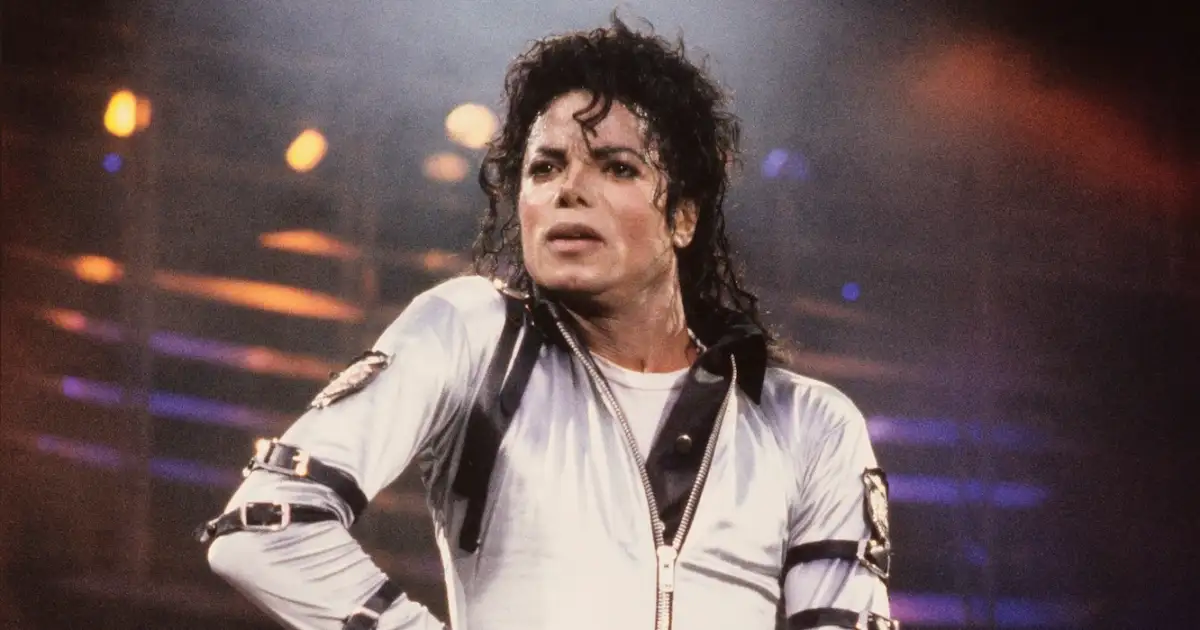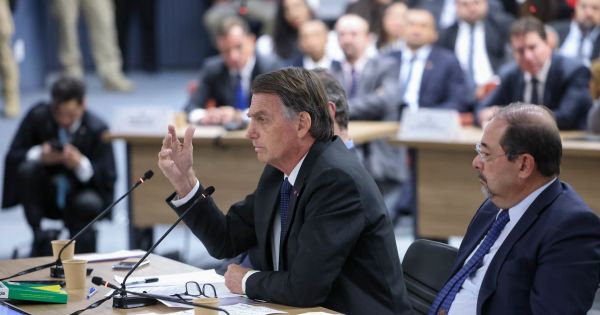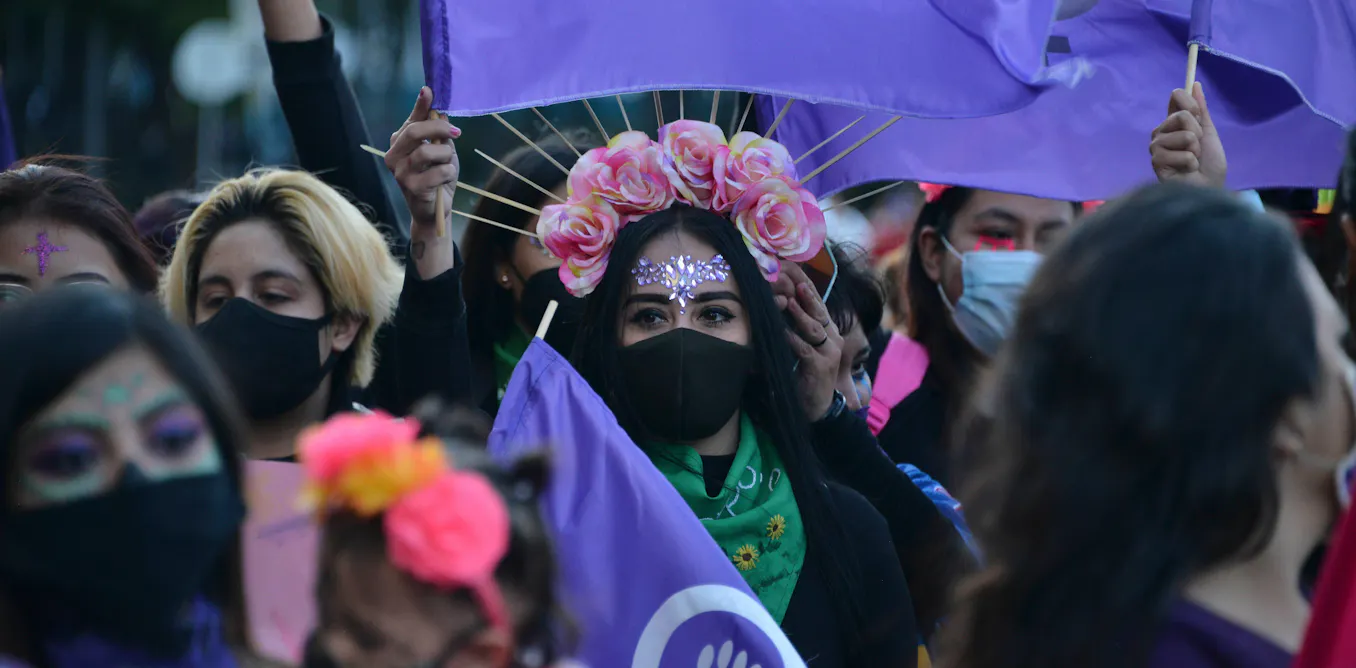Copyright Us Weekly

A man who claims Michael Jackson abused him and his siblings when they were children told a judge he felt “immense pressure” when signing a settlement with the late pop star’s estate, Us Weekly can exclusively report. The estate accuses the man and his family of threatening to make “false” allegations about the late pop star unless they were paid hundreds of millions. “In late December 2019, I learned that [members of my family] had already signed a settlement agreement with the Estate but that the agreement would not become effective absent my signature,” Frank Cascio, who was close with Jackson for years, wrote in court docs on October 27. He explained, “At the time, my family was in severe turmoil, and the agreement appeared to offer them a sense of closure. Knowing that, I felt immense pressure to sign as well, to avoid causing more conflict within the family during this unbelievably difficult chapter.” Cascio said he was diagnosed with dyslexia in the fifth grade and struggles with reading comprehension. He said when he was presented with the settlement agreement, “I had difficulty understanding many of its terms, particularly the legal concepts.” He claimed the estate’s lawyers told him if he got his own lawyer it would slow things down. (In court documents, the executors describe the events leading up to the settlement much differently. They claim that Cascio and his family said they would make claims against Jackson, which contradicts their previous support for him, unless they were paid.) Cascio alleged, “[The estate lawyers] further explained that calling the settlement a ‘life rights agreement’ would keep it private, avoid probate, and prevent [Jackson’s children] from finding out — even though we were very uncomfortable with this being hidden from them and pressed this issue with the Estate.” He continued, “Despite my family’s persistence, the Estate would not budge and said this was non-negotiable.” “The attorneys and representatives for the Estate led me to believe they had my best interests at heart. They spoke to me in a reassuring and supportive manner, which caused me to trust them completely,” Cascio said. “The Estate convinced me that my family would find peace and comfort in moving on with their lives, and that signing the agreement would mean our family’s private information would not be exposed.” Cascio said his mental and emotional health were “fragile” at the time due to the “trauma he had experienced and the turmoil within” his family. “Acting under that pressure, and with misplaced trust in the Estate’s representatives, I signed the agreement in January 2020 without my own lawyer and without fully understanding its implications,” Cascio wrote in the declaration filed in court. Cascio said he was alone in a room with one lawyer from the estate. He said he read the agreement but the terms were not explained to him. “[The lawyer] simply pointed where I needed to sign,” Cascio alleged. “He then gave me a hug and said he was so sorry for what my family had been through and to please reach out if we ever needed anything. When I asked for a copy of the agreement, he identified which one of the Estate’s representatives would have a copy.” Cascio argued the settlement was unenforceable and asked that the battle not be moved to arbitration as the estate had requested. In court documents, the executors describe the situation much differently. As Us previously reported, the legal battle between the estate and the Cascio family started on July 9. The two men who run Jackson’s estate, John Branca and John McClain, accused Cascio and his family of a $213 million civil extortion scheme against the estate. In their filing, the executors detailed how Cascio has spoken positively about Jackson for years. They claimed he was supportive of Jackson during his criminal trials, where he was accused of abusing children but never convicted of any crime, and even wrote a book about what a great friend Jackson was to him. “However, after Michael’s death and the financial success of The Estate of Michael Jackson, [Cascio] and his cohorts threatened that unless they were paid substantial sums of money, they would repudiate their ardent defense of Michael and would instead go public with accusations that were completely contrary to their steadfast proclamations of his innocence,” the executors’ lawsuit alleged. “It was a shakedown.” Branca and McClain believe Cascio and his family came up with the idea after the release of the 2019 documentary Leaving Neverland. The film, released by HBO, featured two other alleged victims, Wade Robson and James Safechuck, detailing their allegations of childhood sexual abuse by Jackson. In their petition, the executors claimed that, “Despite having a decades-long friendship with Michael Jackson, and after years of passionately defending Michael against false and scurrilous allegations made by third parties, [Cascio and his family] decided to exploit the negative publicity following the release of’ Leaving Neverland’ in order to try to profit from making their own specious allegations against Michael.” The executors continued, “To do so, [Cascio and his family’s] representative insisted on meeting with [The Michael Jackson Company] representatives at the Sunset Marquis Hotel swimming pool wearing only bathing suits so that [Jackson company] representatives could not wear a ‘wire’ to record the conversation.” “Only someone engaging in extortion or other unlawful conduct would be worried about their conversation being recorded,” the executors’ petition argued. “A truthful person asserting legitimate legal claims should have no objection to being recorded.” The executors called the swimming pool meeting “bizarre.” The estate said it spoke to Cascio’s reps but claimed the, “negotiation with [Cascio and his family] morphed into a shakedown in which [Cascio] and his cohorts each demanded substantial amounts of money, otherwise they threatened to concoct false allegations against Michael which were the opposite of their prior glowing statements about Michael they had made in his defense over the prior decades. And they were free to do this because there is no protection against defamation for a deceased person.” The executors said they “reluctantly” executed a deal with the Cascio family in 2020 at the advice of their lawyers and to avoid Jackson’s children, Paris, Prince and Bigi, from having to hear “further false allegations.” Branca and McClain claimed Cascio demanded $213 million when he was represented by his former lawyer. They said the demand dropped to $44 million when he hired powerhouse lawyer Mark Geragos to take over the case. In their filing, the executors demanded that the entire court battle be moved out of the public eye. Cascio’s sister, Marie-Nicole Porte, filed a declaration executed on October 27 detailing how the settlement went down. She alleged, “Upon learning in 2019 that my siblings and I had similar experiences with Michael Jackson, representatives of the Michael Jackson Estate moved quickly to suppress disclosure of those facts and to prevent us from speaking openly about what had happened.” Porte claimed one of the estate reps came to her father’s restaurant in New Jersey In December 2019. She said they “convened in a private room upstairs for the signing of a purported ‘settlement agreement.’” She wrote in her declaration that all her siblings were there except Cascio, who lives in California. “My parents were also there and so were my spouse and the spouses of my brothers,” Porte alleged. “Even though there were nine of us who were asked to sign the agreement, there was only one copy which was read aloud to us before we were asked to sign it. Nobody signed the agreement on behalf of the Estate. The entire situation was rushed, pressured, and overwhelming.” “At that time, I was emotionally fragile, angry, and still trying to process the enormity of what we had lived through—and the shocking realization that my siblings had suffered similar abuse,” Porte’s declaration read. “I felt trapped and powerless. I had no lawyer, I had not seen the document beforehand, and I had no real opportunity to understand all the legal principles contained in the agreement.” “We were placed under extreme time pressure and told this was a ‘take-it-or-leave-it’ situation. In that moment, surrounded by powerful people who had controlled so much of our family’s life and legacy, I felt immense pressure to sign.” Jackson died in 2009 at the age of 50.



